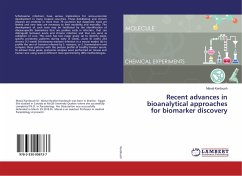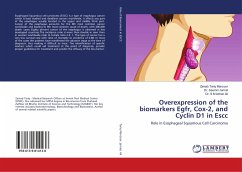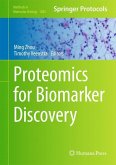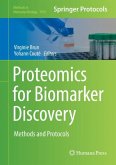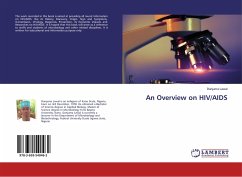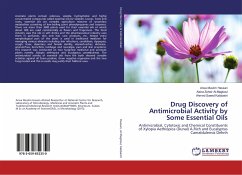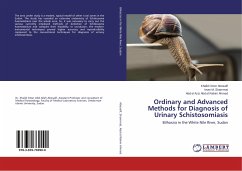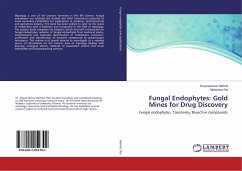Schistosome infections have serious implications for socio-economic development in many tropical countries. These debilitating and chronic diseases are endemic in more than 70 countries but diagnostic tools are limited and new tests are necessary to limit morbidity and mortality. The development of such tests may be facilitated by the identification of disease-specific biomarkers that are positive early in infection, that can distinguish between acute and chronic infection and that can serve as validation of cure. This work has two major goals: (a) to identify stage-specific proteomic patterns during early (3 week), acute (6 week) and chronic (12 week) Schistosoma mansoni infection in a mouse model; (b) to profile the sera of humans infected by S. mansoni, or S. haematobium and compare these patterns with the protein profile of healthy human serum. To achieve these goals, proteomic analyses were performed on mouse and human sera using several different mass spectrometry (MS) methodologies.
Bitte wählen Sie Ihr Anliegen aus.
Rechnungen
Retourenschein anfordern
Bestellstatus
Storno

